Treatments
Artificial Insemination
This treatment involves placing spermatozoids in the woman’s uterus around the time of ovulation.
In Vitro Fertilisation
This is a technique in which the egg is fertilised by the spermatozoid in the laboratory (in vitro), rather than inside the woman’s body.
Egg Donation
With this In Vitro Fertilisation treatment (IVF-ICSI), donor eggs are used in order to achieve a pregnancy.
Double Donation
This In Vitro Fertilisation treatment (IVF-ICSI), utilises previously selected donor eggs and sperm.
ROPA
This technique makes it possible for both moms to participate in the process of conception and pregnancy. One partner will provide the eggs and the other will receive the embryos, carry out the pregnancy and deliver their baby.
Embryo Adoption
In this treatment, embryos donated by another woman or couple are transferred to the uterus of the recipient.
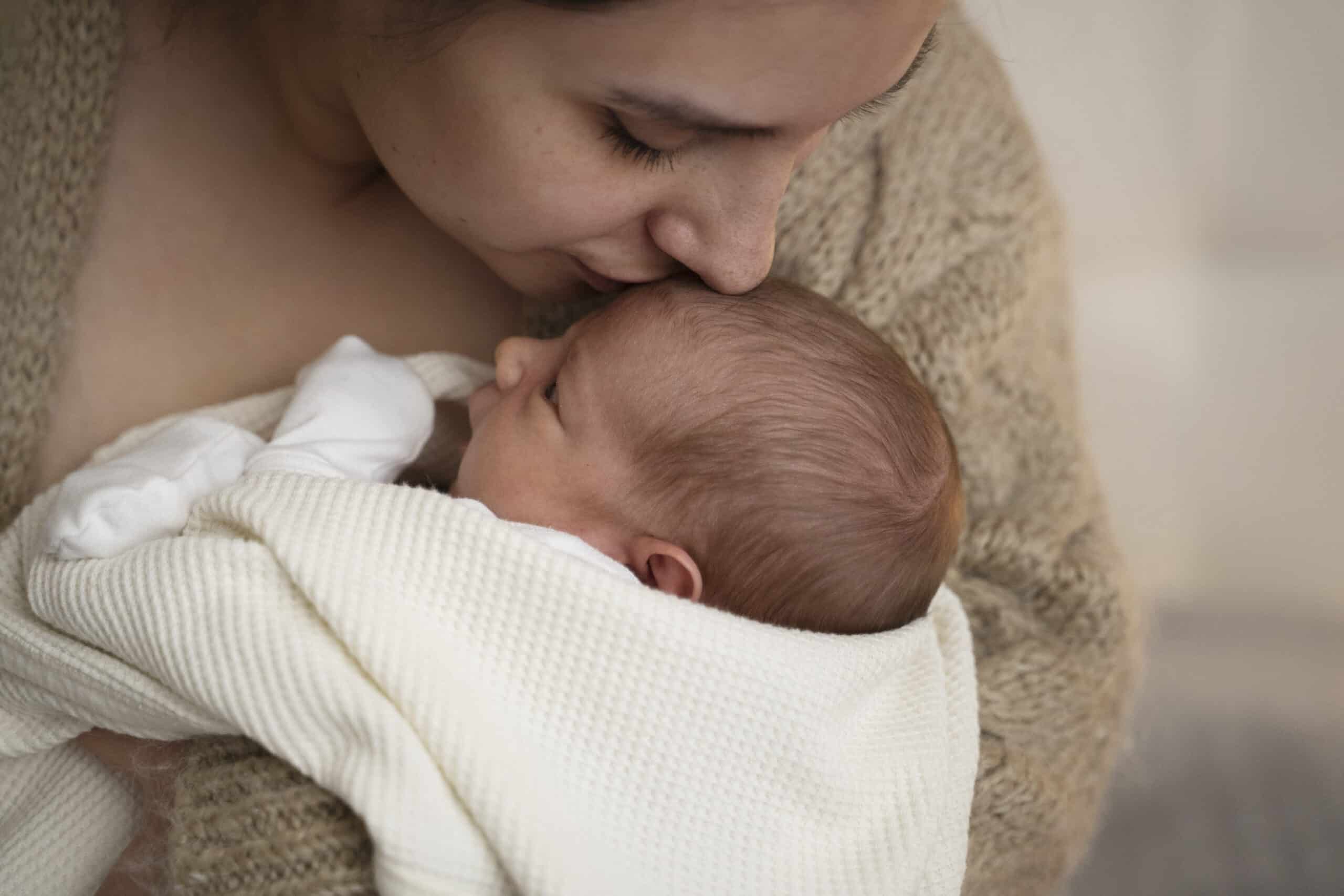
We guarantee your pregnancy until birth or we will give you the money back
Discover Ginemed Maternity, the pregnancy programme that guarantees the birth of your child with your own and donated eggs
High complexity cases

Implantation Failure and Recurrent Miscarriage Unit
In this Unit we are dedicated to finding the solution to high complexity cases which require a specialised approach as well as specific tests and studies.

Advanced Maternal Age Unit
Age is not a contraindication for getting pregnant, but it is a risk factor we must thoroughly evaluate before a patient tries to conceive. Health above everything else.
I want to know my fertility
Knowing your ovarian reserve is very simple, just a blood test and an ultrasound.
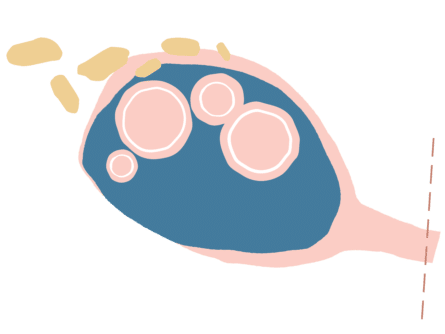
I want to freeze eggs
Learn how to preserve your fertility step by step thanks to egg vitrification.
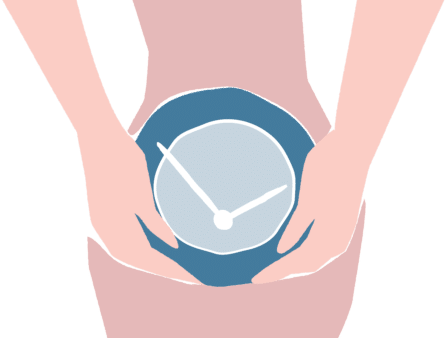
First fertility visit is free
Request your first appointment cost-free at the clinic closest to you
Units and Areas of Expertise

Male Factor Infertility
By taking a personalised approach we are able to successfully obtain spermatozoids in the most complex of cases.

Endometriosis
We handle your case using a multidisciplinary approach to improve your quality of life.

Polycystic Ovarian Syndrome (PCOS)
We offer you the diagnosis and treatment that work best for you.
Complementary Techniques
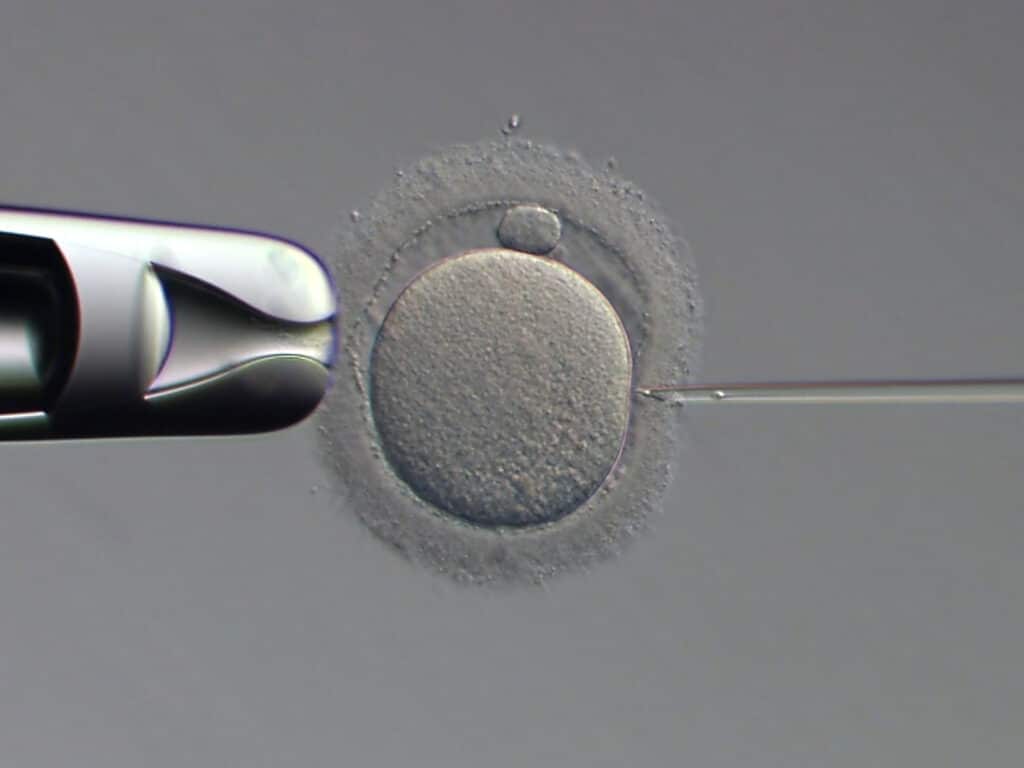
ICSI
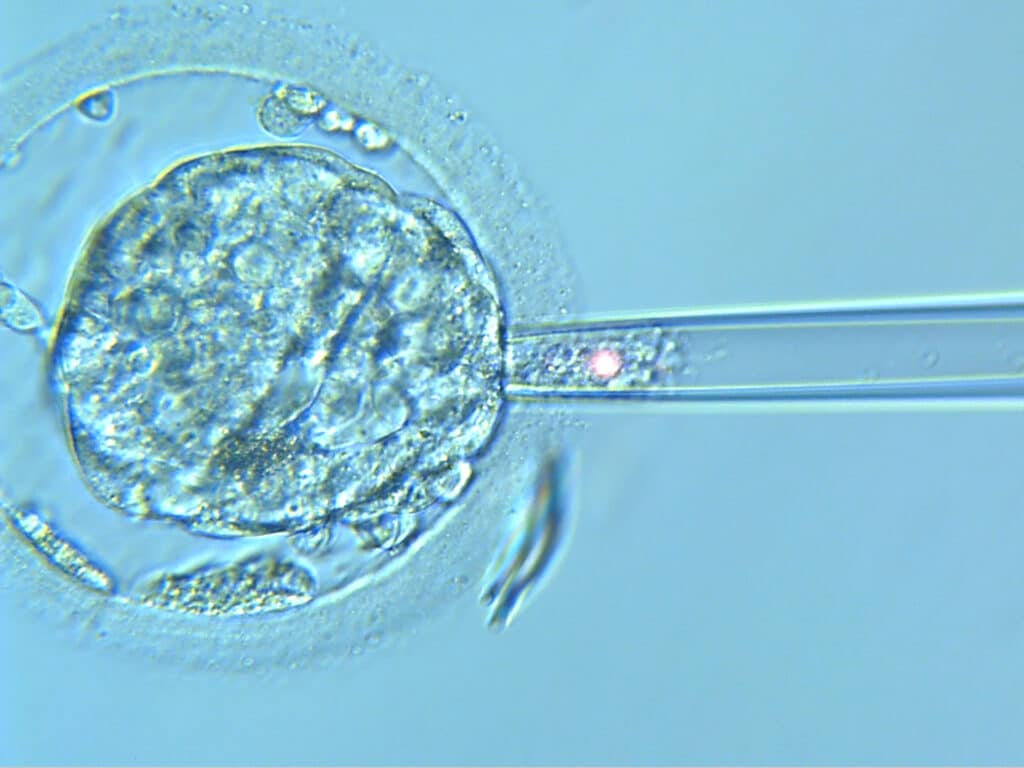
Pre Implantation Genetic Test (PGT)
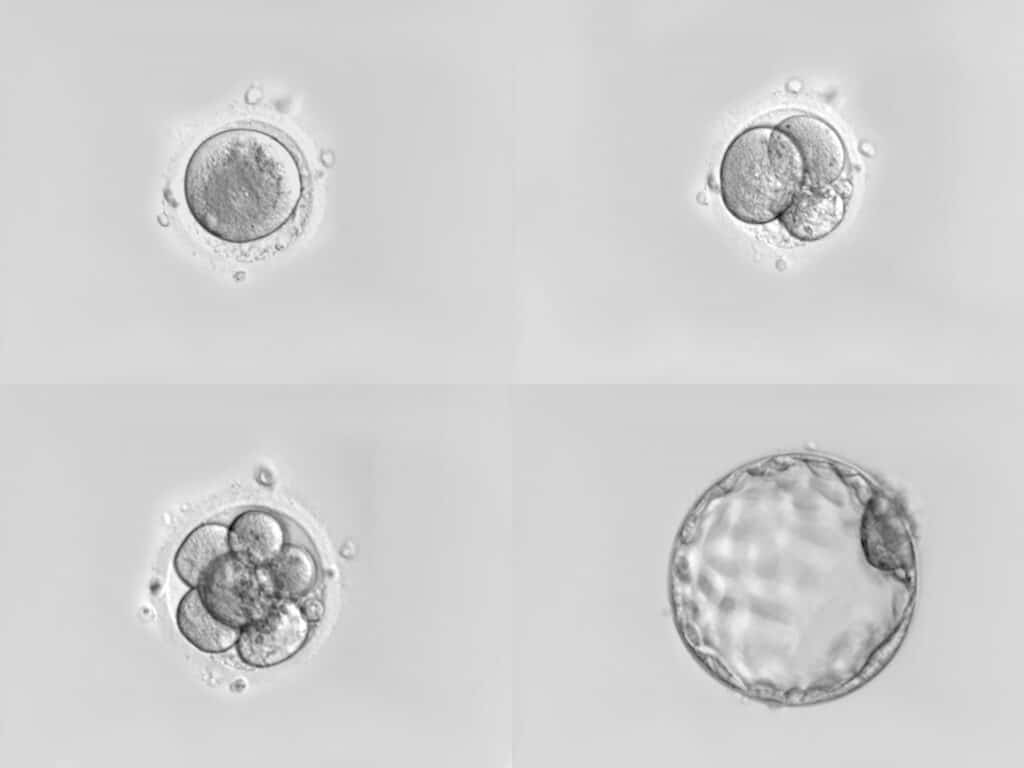
Time Lapse Culture - Geri
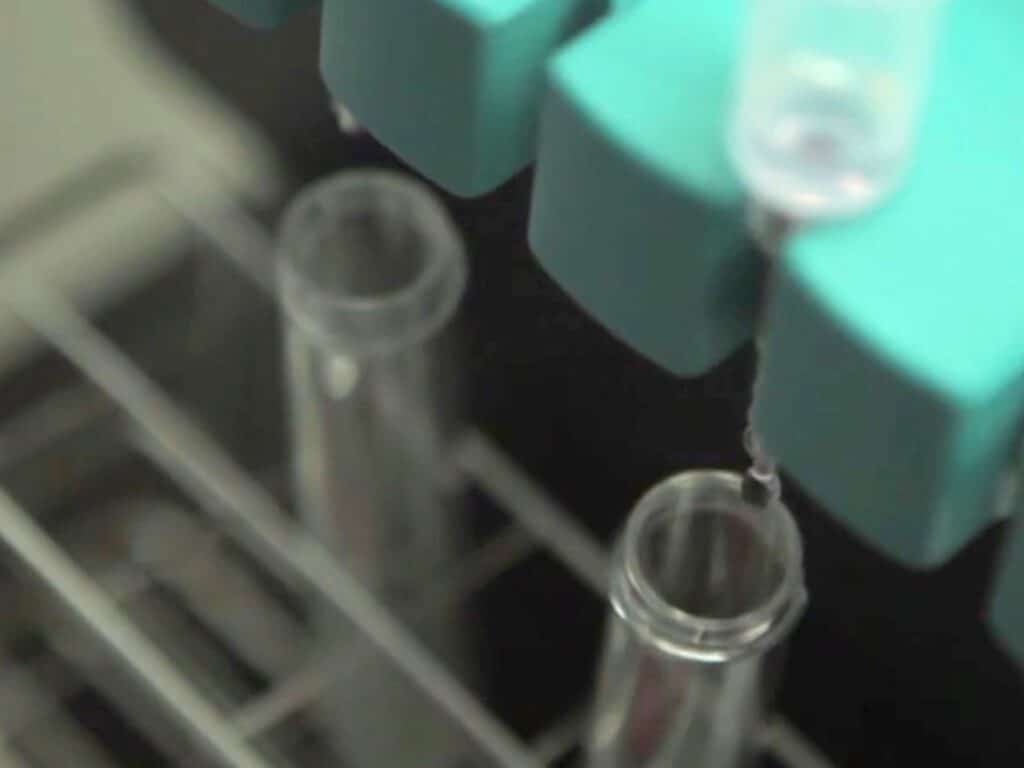
MACS
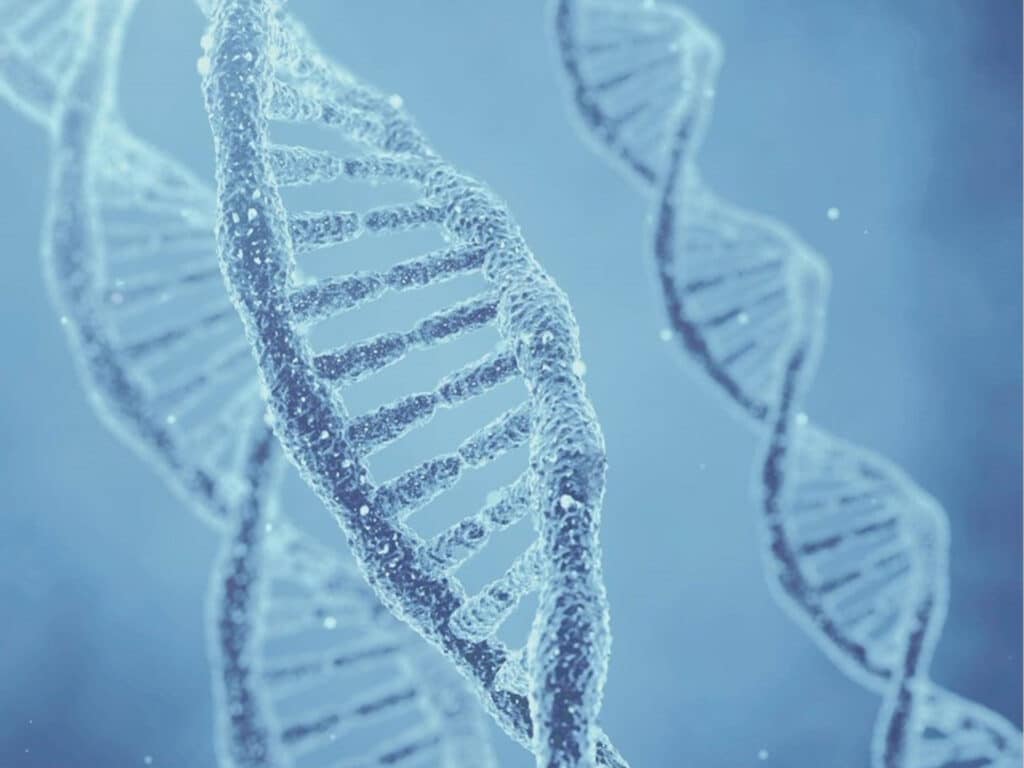
Genetic Compatibility Test (Genetic Matching)
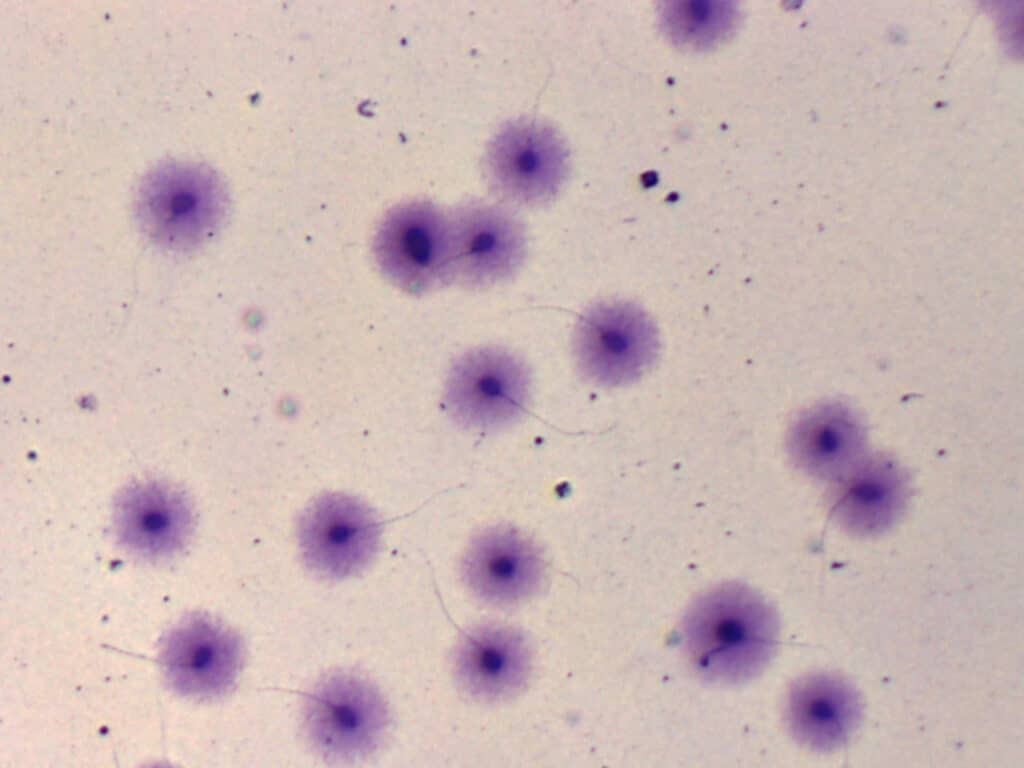
Fragmentation Test
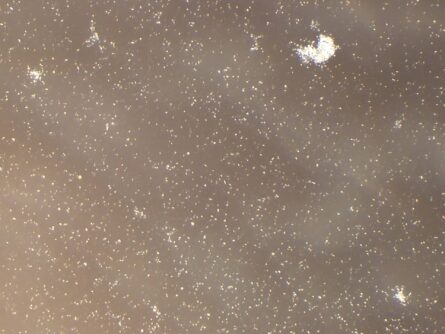
Fertile Chip
Frequently Asked Questions
Generally speaking, couples are advised to visit a fertility clinic once they’ve been trying to conceive for a year but have not been successful. There are, however, many fertility related factors which must be taken into consideration and properly evaluated:
- Age, if you’re older than 35.
- Prior treatments that may compromise your fertility: cancer treatment or autoimmune disease.
- A family history of individuals who went through menopause at a very young age or who needed to undergo assisted reproduction treatment.
- A gynaecological condition such as Endometriosis or Polycystic Ovarian Syndrome.
If you fit into any of these categories then we strongly recommend making an appointment as soon as possible once you’ve been trying to conceive naturally for 6 months but haven’t been successful.
Of course if you are a female without a partner, are in a same sex female relationship, have been diagnosed with endometriosis, an autoimmune disease or cancer, or if you are an individual with gender dysphoria and you are planning on undergoing treatment or surgery, we recommend consulting with a fertility clinic to talk about the possibility of preserving your fertility.
Approximately 1 in every 10 couples has difficulties conceiving. The human species has a low reproductive potential and, under normal circumstances, the chances of conceiving are around 20% per month.
The causes can be due to female factors, male factors or a combination of both. One of the most determining factors is age: as we get older we are less likely to conceive and more likely to miscarry if conception was initially achieved. Infertility can be primary, when a woman has never been pregnant before; or secondary, meaning that a woman conceived in the past but now is unable to get pregnant again.
That’s why, starting with your very first visit to Ginemed, we’ll make it our goal to get to know you, understand you and find the ideal treatment so that you can make your dream a reality. Likewise, we recommend visiting a gynaecologist if you’re over the age of 35 and have been trying to conceive for over 6 months, or for more than 12 months if you are under the age of 35.
The chances of getting pregnant with assisted reproduction treatment depend on several different factors.
The result we obtain will largely depend on the causes of infertility and the treatment we decide to use. This is because each patient’s case is unique, as is each treatment. The age of the female is one of the most important factors given that a woman’s fertility declines as she ages, and achieving a pregnancy with own eggs after the age of 42 is extremely unlikely (chances are <10%). At Ginemed, our success rates surpass the national and international average and are audited externally. You can view our annual results here or find out your chances directly by contacting us.
In Spain there is no legal age limit for undergoing assisted reproduction treatment. Normally the established limit is 50 years of age, but this depends on the woman’s health and physical condition as well as the possible risks that could impact the baby’s health, among other factors.
At Ginemed there are no wait times for your assisted reproduction treatment. We’ll start when you’re ready to start. For that reason we work 365 days a year regardless of whether it’s a weekday or a holiday.
Additionally, thanks to our large donor base and donor solidarity, if your treatment requires donated eggs (egg donation), you won’t have to wait either. We can select from among hundreds of donors in order to find the one who best resembles the recipient and future mom.
